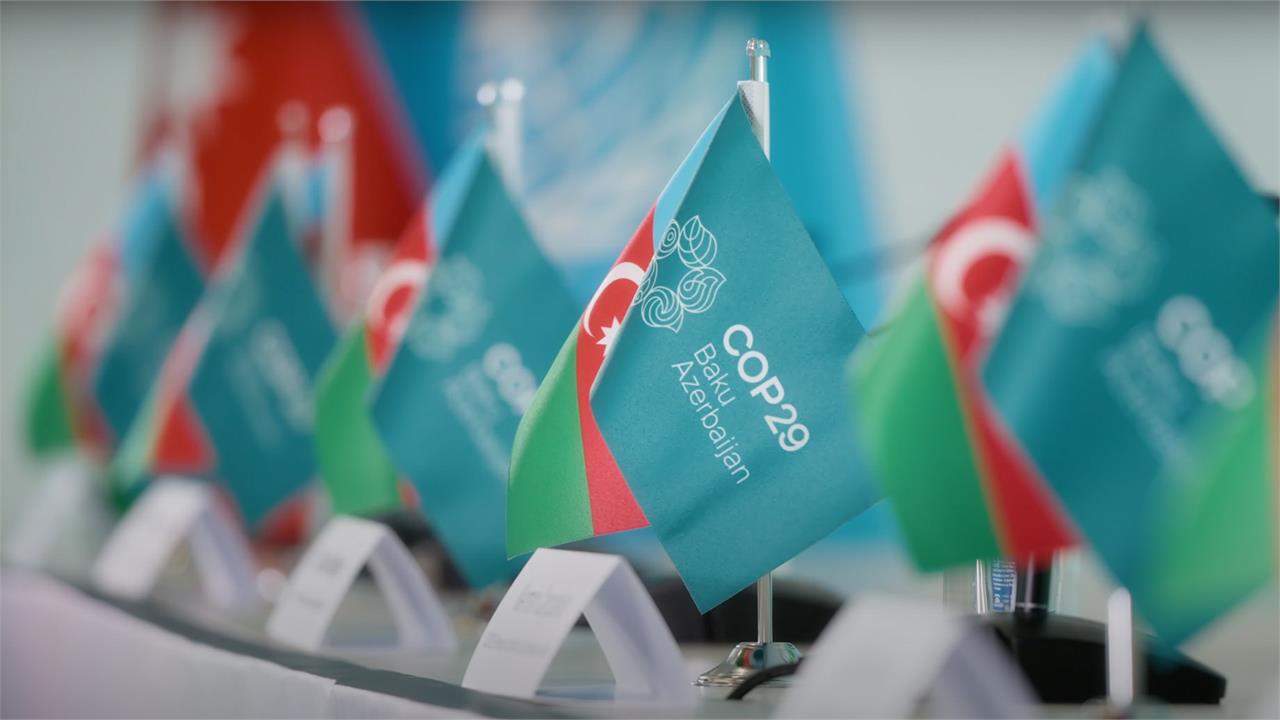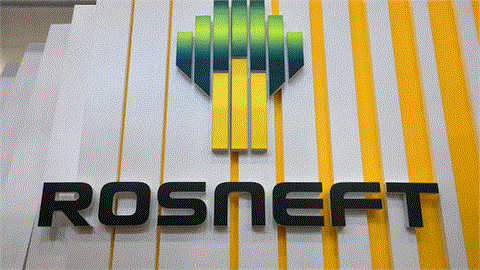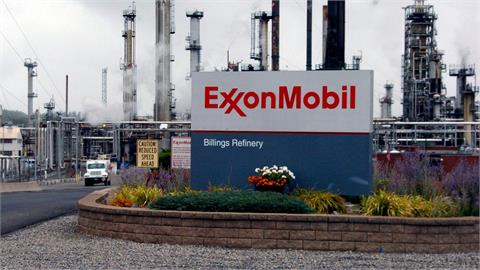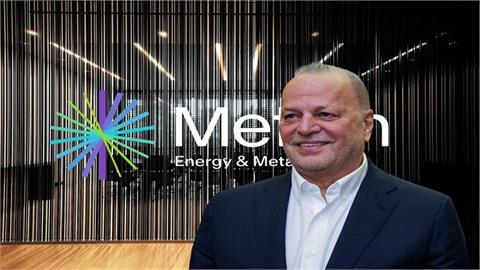Following the lead from the G20 meeting in Rio, discussions at COP29 on Wednesday were all about money. The amount that appears to be gaining momentum among developed countries is between $200bn to $300bnannually by 2035, underconsideration by the EU. This would represent the international government finance provision towards the new climate finance goal (NCQG).
But with two days to go, developing countriesdrew a “super red line” on what they consider to be an acceptableclimate finance goal. Talking on Wednesday on behalf of the ‘Like-Minded Developing Countries’ (LMDC) – a large group that includes big emergingeconomies like China and India – Bolivian negotiator Diego Pacheco said that this amount is unacceptable. As is pressure from developed countries to include China and wealthy Gulf states as climate finance contributors.
The compromise could be that they provide funding on a voluntary basis, as already discussed at the G20 meeting. Negotiations to clarify the structure and contributor base of this fund will start in earnest on Thursday.
But despite the “red lines”, and with time running out, there is a growing realization by an increasing number of developing countriesthat the EU-favoured range may be the best they can get. One negotiator called it “a good start.”
Given the swing to the right in recent elections, developed countries, especially in Europe, are also constrained by concerns that liberal pledges have the potential to trigger political fallouts at home.
Interestingly, an academic paper circulating at the summit sets out a detailed plan making the case that developed countries should view the funds they commit as investment driven by economic self-interest and not as charity. This is based on the premise that “money invested today to reduce carbon emissions anywhere in the world will reap long-term benefits.”
The paper assumes that “public finance can catalyse three dollars of private investment for every dollar provided.” On this basis, $250bn of “grant-equivalent finance per year” makes it feasible to catalyze $1tn climate finance per year.
The EU and the US said they want two targets: a “core” goal centered around public money, and one that includes all other financing sources. EU’s amount concerns the core target.
Germany’s climate envoy, Jennifer Morgan, told reporters that the EU “wants the goal to be feasible, but ambitious.” She added thatagreeing the size of the goal, as well as the structure, “will be part of the end-game package,” including whether to expand the contributors beyond the traditional pool of developed countries.
Germany’s Jennifer Morgan at COP29
Source: Report.az
It is hoped that once a full draft of a deal for the financial goal becomes available, scheduled by Thursday morning, it will allow focused, end-game,negotiations to start and, as a negotiator said, “the rest will follow.”
Cutting emissions and transitioning away from fossil fuels
Other areas where countries have still to agree are on cutting emissions and transitioning away from fossil fuels. But given the lack of explicit statements in the G20 Rio declaration, these are likely to be placed under an ongoing but non-binding process called the ‘Mitigation Work Programme.’
With time running out, top priority will be to reach agreement on the most important issue which is the NCQG and climate finance. This should then help accelerate energy transition and reduce emissions.
By February 2025 all countries are expected to present new climate plans. Developing countries want to know how much money they willget before committing to new, ambitious,climate targets.
End-game
UNFCCC will be publishing a draft document describing funding options on Thursday morning. This will then be the basis of end-game negotiations that will start in earnest on Thursday, to conclude by Friday. But given the current state of affairs, they are likely to drag on into the weekend.
The political signals sent by the G20 will weigh heavily on this process. They “endorsed several initiatives to enhance the money available for climate and clean energy investments.” They acknowledgedthe need of developing countries to be supported in their transitions to low carbon emissions and they have the means to do that. This should help focus end-game negotiations over the next two days.
Dr Charles Ellinas, @CharlesEllinas
Councilor
Atlantic Council
20 November, 2024




